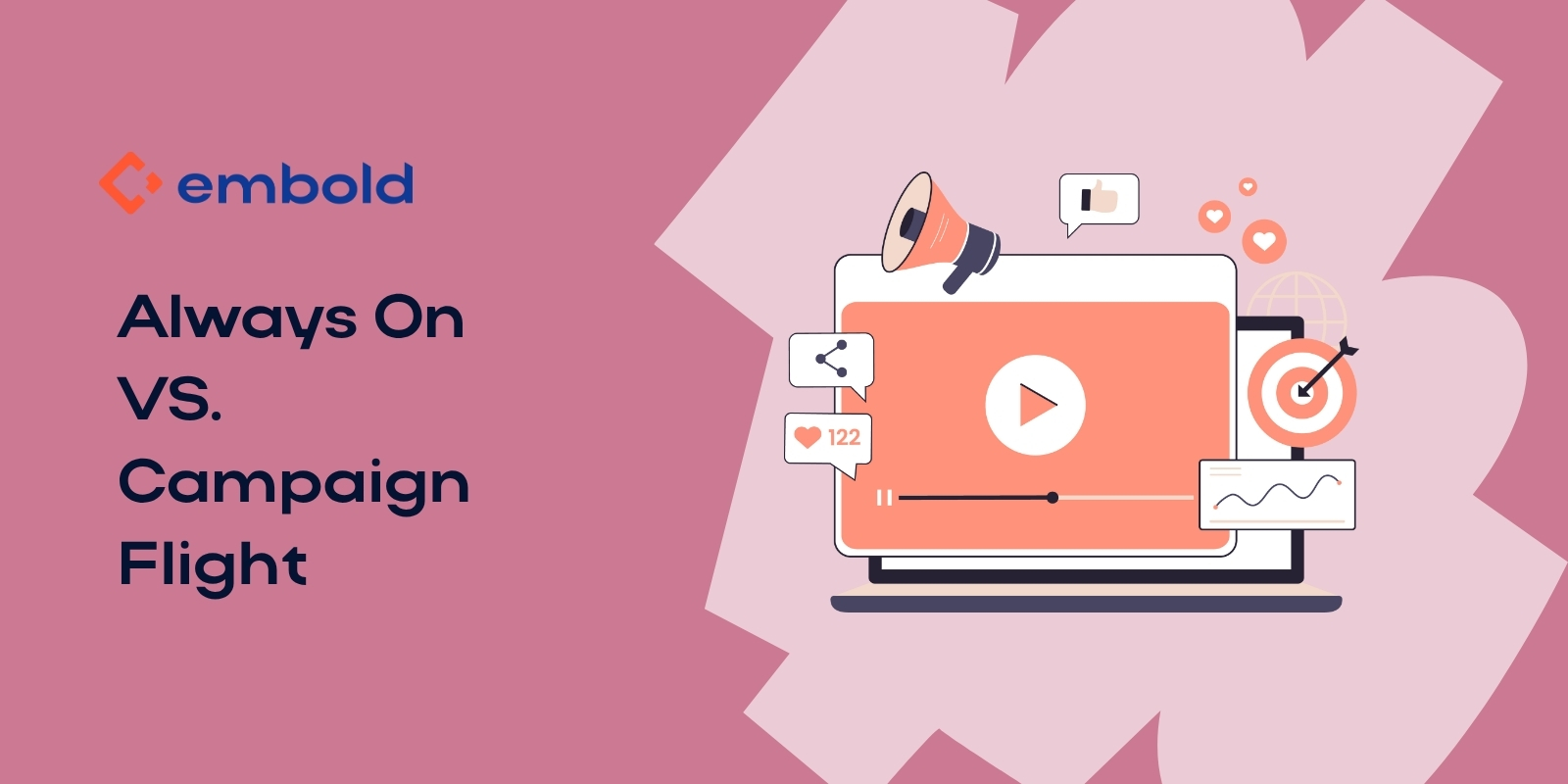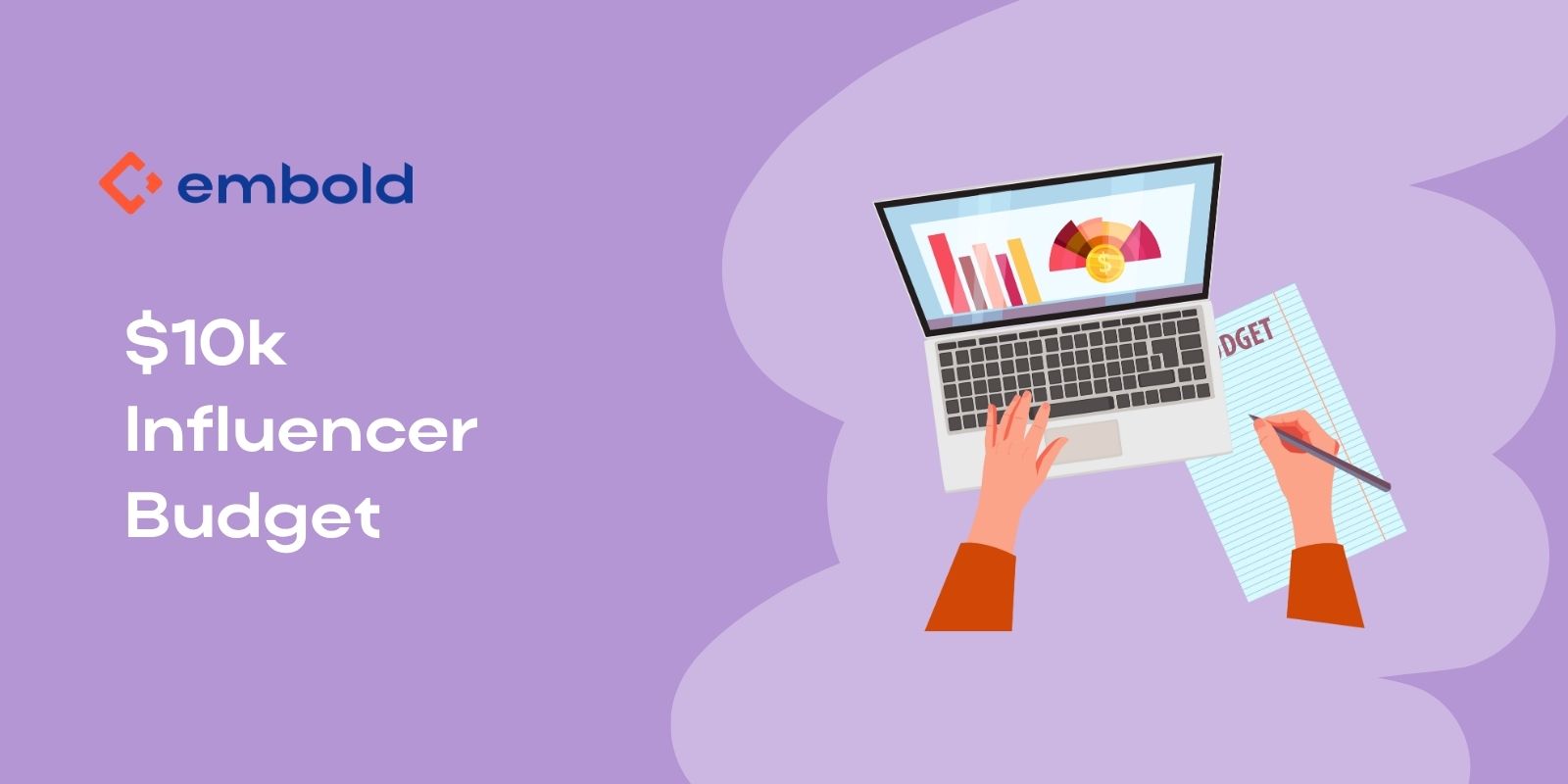
The Psychology of Influencer Marketing
.png)
The power of influencers in shaping consumer behaviour is undeniable. But do you ever wonder why it’s so effective? There’s probably more to it than you think. We're about to explore why that influencer's post makes you want to buy that thing you never knew you needed.
Influencers Have Trust and Credibility
Influencers often build a sense of trust and credibility with their followers. People tend to trust recommendations from someone they perceive as knowledgeable, credible, authentic, and relatable. However, this trust isn't built overnight. It's cultivated through consistent, authentic engagement and content that resonates with their audience. Trust is critical in influencing consumer purchasing decisions. According to recent research, trustworthiness serves a fundamental purpose when it comes to online purchases, but why do we trust these influencers? It’s partly because they often present themselves as experts or enthusiasts in specific niches, be it fashion, technology, fitness, or beauty. Trustworthiness and credibility go hand in hand to ultimately influence you to buy what your favourite influencer is selling; so don’t feel too bad, this is how we’re rigged!
To better understand what drives authentic engagement, it’s worth exploring the three R’s of influencer marketing — relevance, resonance, and reach — as a framework for evaluating creator impact.
Social Proof
This idea is all about how we tend to copy what others do, thinking that if everyone's doing it, it must be the right move. Think back to middle school when you were taught about not giving in to peer pressure; it’s the same idea! When an influencer uses or endorses a product, it serves as social proof that the product is desirable or effective.

This method is especially powerful when you have multiple reputable influencers in the same industry, or niche, promoting the same product. Consumers will typically follow influencers of the same nature who fit with their interests and hobbies, leading them to be exposed to the same product further solidifying this ‘social proof’. Advertisers have certainly caught on to this idea with Influencer spending outpacing social ads by 3.5 times in 2023!
Aspirational Influence
Have you ever seen an influencer's profile and thought: “I want that life”? Not in a self-deprecating way, of course, but maybe they inspire you to travel more or invest some more time and energy into your health. Influencers often represent the lifestyle, values, or achievements that their followers aspire to. It's not about mindless consumerism; it's about buying into a lifestyle, a set of values, or a path to self-improvement. When an influencer genuinely embodies the lifestyle they promote, their recommendations carry more weight. Their followers don't just see a product; they see a piece of the puzzle that makes up the desirable lifestyle the influencer leads. This aspirational aspect can be a powerful motivator for followers to purchase products that they believe will help them emulate the influencer’s lifestyle, especially if that influencer is promoting that product!
The Halo Effect
Imagine walking into a room and spotting someone with an irresistibly charming smile. Before you know it, your brain decides, 'Hey, they must be kind, intelligent, and totally awesome in every way!' Welcome to the cognitive bias of the 'Halo Effect’. The perception of one positive characteristic (like attractiveness or success) influences people to attribute other desirable qualities to the individual. Influencers with strong, positive personal brands can transfer this halo effect to the products they endorse. The Halo Effect has been found to influence much more than our purchasing habits ranging from job interviews to first impressions in social settings. The Halo Effect is a powerful testament to how our perceptions and judgments can be swayed especially in a decision-making process.
Scarcity and Exclusivity
Influencers are experts at turning product promotion into an exclusive event. Influencers often promote products as being one of a kind or available for a limited time only. When they announce that a product is scarce, it triggers a psychological phenomenon – the fear of missing out, otherwise known as FOMO. Suddenly, it's not just about wanting the product; it's about wanting to be part of the exclusive experience. This strategy plays brilliantly on our innate desire to possess rare and unique things. It’s like finding a hidden treasure in a sea of ordinary goods. The limited amount of these products makes them more desirable, turning them into must-haves rather than just nice-to-haves.'Grab it before it’s gone’ creates a sense of urgency which prompts us to place an order without a second thought!
Key Takeaways
The psychology of influencer marketing is a fascinating blend of trust, social dynamics, aspiration, cognitive biases, and the allure of exclusivity. It’s a world where influencers don’t just sell products; they sell experiences, aspirations, and a slice of a lifestyle we yearn for. Influencers have that unique ability to sway our purchasing decisions in subtle yet profound ways. If you want to learn more about the evolution of influencer marketing and how it came to hold such influence, check out our blog on The History of Influencer Marketing.
Remember, next time you find yourself tempted by an influencer's recommendation, it's not just about the product itself. It's about the complex psychological dance of trust, aspiration, and influence. So, don't be too hard on yourself for wanting to buy into it! Instead, appreciate the art and the science behind your desires. And who knows, maybe that thing you never knew you needed will be the key to unlocking a part of your aspirational self. Happy shopping, or should we say, happy exploring! 🌟🛍️

The all-in-one creator marketing platform built for Canadian brands
Plan, launch, and measure all your creator campaigns from one place.
.png)



